
Whether it’s a personal situation or an event in the news that hits a little too close to home, the vast majority of people who carry a gun concealed can remember the circumstance that inspired them to arm themselves. If you’ve reached that point but are not sure where to start, here are some suggestions.
The Gun and the Training Go Right Together
Many people make a big mistake buying their first gun, going into the shopping experience not understanding how various types of guns work or what is required to operate each. It’s unfortunate when money and time are wasted on equipment that’s not suitable for the person. By the same token, none of us were born knowing how to handle and store a gun and ammo safely. If that knowledge wasn’t part of your upbringing, it’s smart to start there, with a gun safety class. Seek out a knowledgeable instructor who has some sort of credentials to teach firearms.
Places to look for a qualified instructor include your local gun store or Facebook groups dedicated to gun owners or community events. In some communities, you may take some heat for even asking, and privacy may be of concern, so use search-and-lurk techniques if appropriate.
Urban dwellers often can take advantage of indoor ranges that are located within gun stores. These locations usually host a good selection of introductory classes as well as the opportunity to try out different guns before making a purchase decision. In this way, it’s sometimes easier to be in a metro area. National or regional chains like Gander Outdoors or Defender Outdoors are known for having great facilities, but there are many others. Reaching out to a large, established range usually means also having access to a certified, insured instructor who’s experienced and has stood the test of time.

Other urban opportunities may be associated with specific populations that hold special events, usually staffed by trained volunteers, to encourage gun ownership and training. Pink Pistols and Operation Blazing Sword are organizations serving the LGBT crowd. Black Guns Matter, operated by Maj Toure, holds training events for African Americans across the nation. Civil rights advocate Kevin Dixie’s No Other Choice training company, based in St. Louis, has a national community improvement subsidiary with a pro-2A angle. And while their training is rifle-based, the Appleseed marksmanship program’s weekend shoots cover the bases of gun safety and are a good way to get to know more “gun people” in a setting that welcomes children. They also have shooting days for women in their LadySeed program. Finally, A Girl and a Gun is a national program with a mobile indoor range that teaches both rifle and pistol skills to women of all ages.
Selecting the Right Instructor
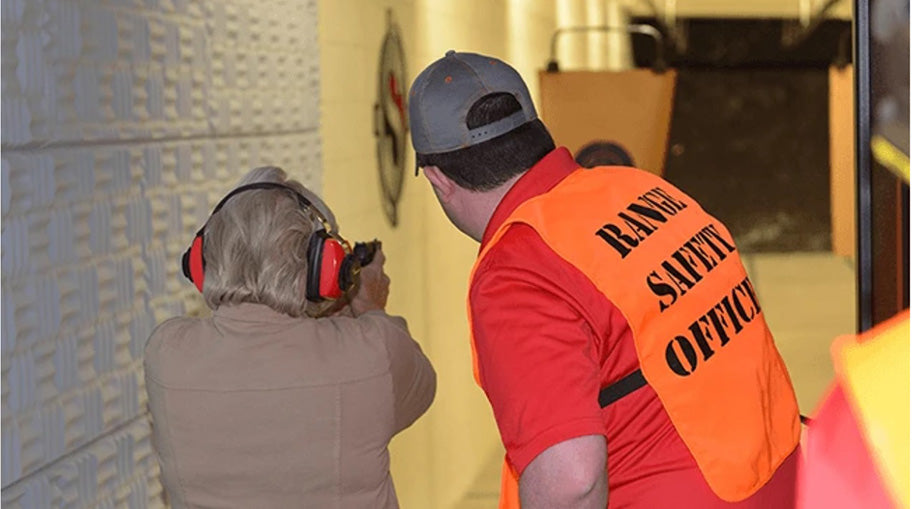
It’s no secret that not everyone who does a job, even at elite levels, is a great teacher of those skills. Especially in small communities, there are usually current or retired law enforcement officers and/or military veterans who are willing to spend a little time at the range with a beginner. Usually this is a positive for the new shooter, but not always. Sloppy, dangerous gun handling and techniques not appropriate for all gun handlers are not uncommonly seen in people who handle guns as part of their job and who have made the mistake of becoming complacent about safety.
While it is true that handling and keeping a gun for self-protection entails learning the ideal balance between risk and safety, your experience with an instructor should be one that leaves you understanding safe handling for your gun of choice and being confident you can exercise those skills with care, in addition to knowing how to load, unload, check load condition, and carry your gun with confidence. The fundamentals of shooting are a matter of course, but safe handling, storage, and carry techniques should not be overlooked in your early instruction.
It's okay to ask about your instructor’s official credentials. Many are certified by their state’s law enforcement authority. National Rifle Association and US Concealed Carry Association have multi-faceted instructor programs. Many national instructors also offer instructor development programs that certify a person to teach the techniques espoused by their originator; all that I know of have a solid foundation. If your potential teacher claims credentials, those should be current. If the instructor is operating on his/her own outside of the umbrella of an established school, they should be independently insured to teach.
What Training Do I Need?

Basic gun safety training is a start, but is just a beginning. Developing the habits of situational awareness and learning to identify pre-threat indicators should become a lifelong path once you decide to take responsibility for your personal safety. Knowing the laws of your hometown, state, and any other state to which you travel is a necessary aspect of staying clear of trouble. And of course, effectively concealing your gun, drawing it, and returning it to the concealment holster are basic skills to be developed early on.
Concealed carry is a journey, not a destination. Learning “verbal judo” and alternative methods of fighting or escaping, i.e. with a blade, grappling techniques, or even a vehicle can be part of your learning over time. Participating in progressively challenging marksmanship tests and/or competitions will really hone your skills, as will seeking out training that involves role play.
Once you’ve found an instructor and community of like-minded people, more resources for training and practice will open up. Simply spending an hour plinking at the range might be fun and relaxing, but won’t necessarily make you a better shooter, in fact too-casual range time will make bad habits habitual. Hold yourself to a high standard while having fun, and never forget why you started.
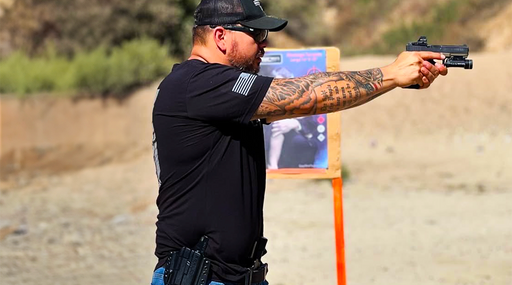
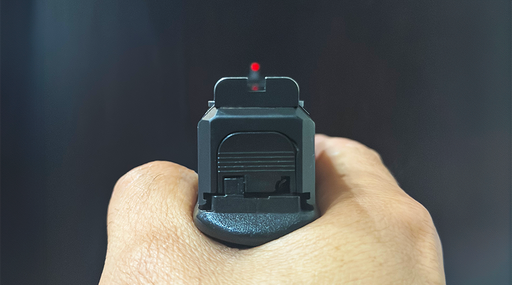
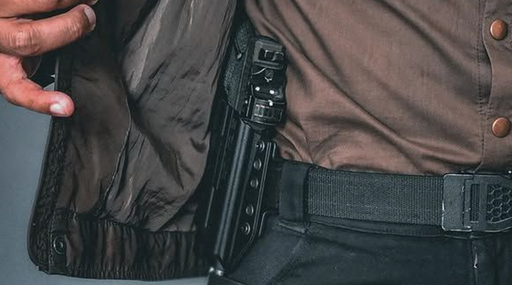
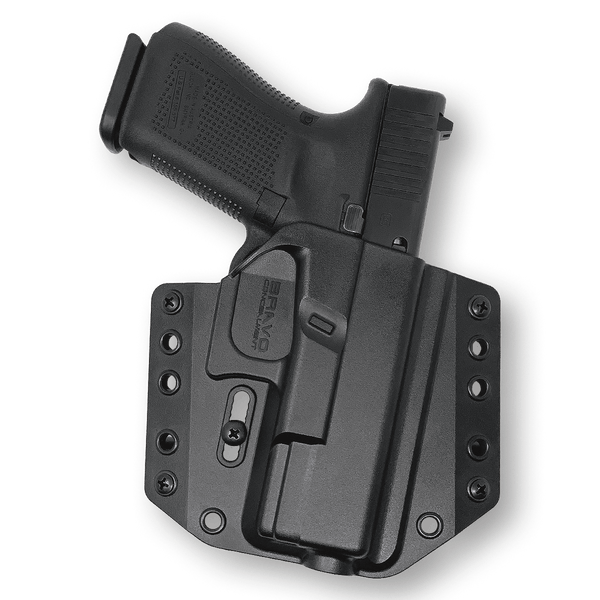
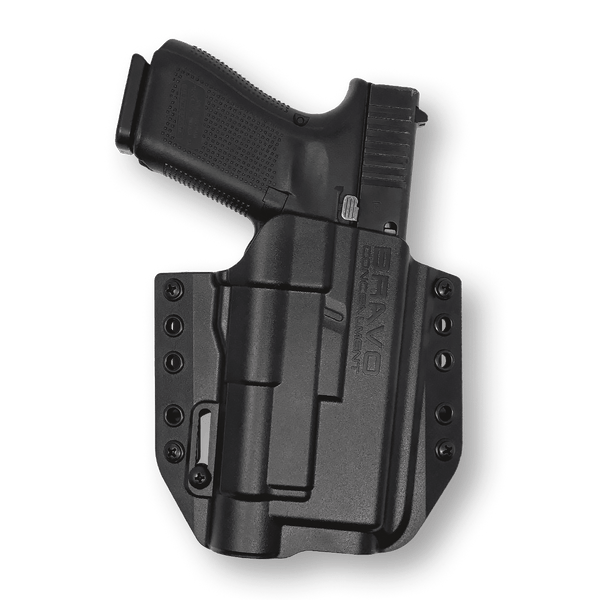
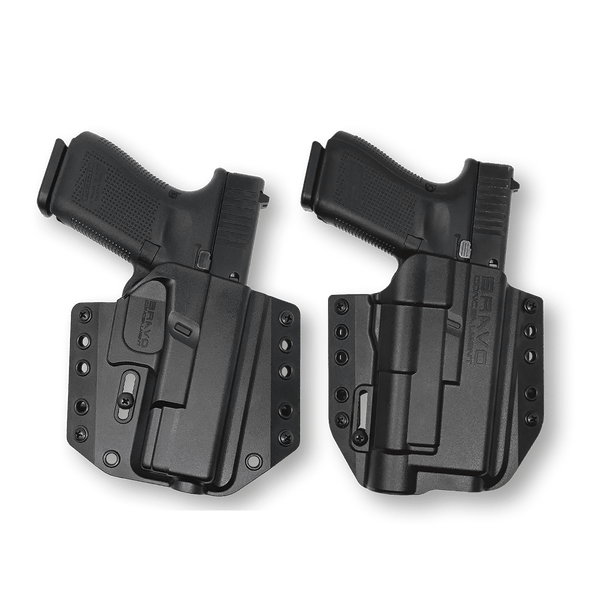
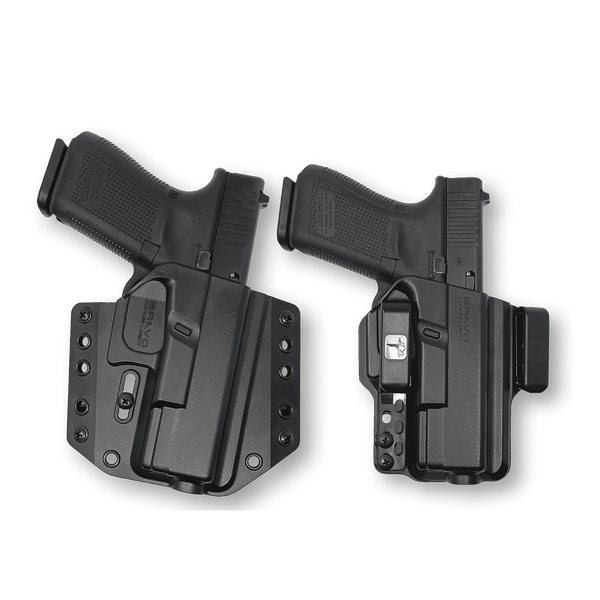
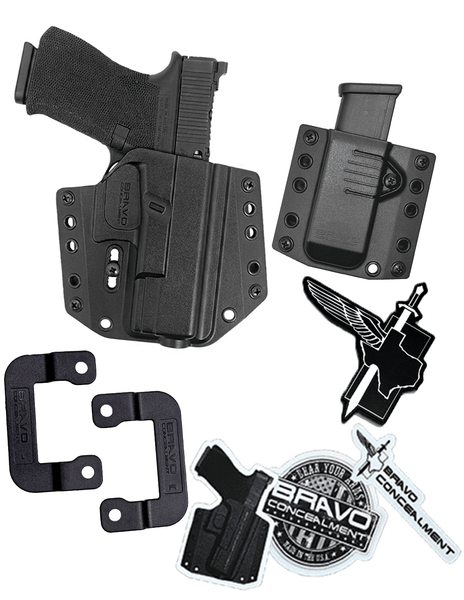
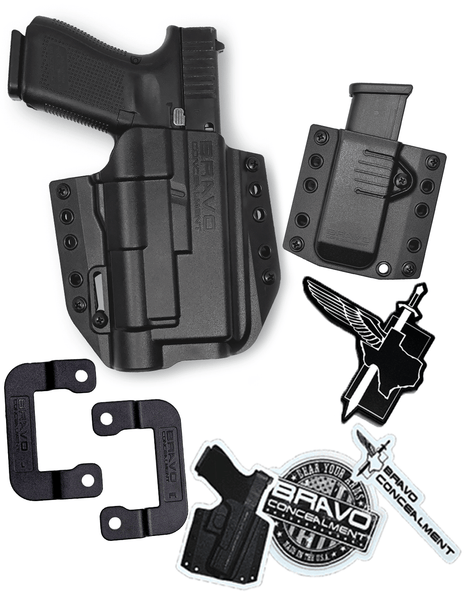
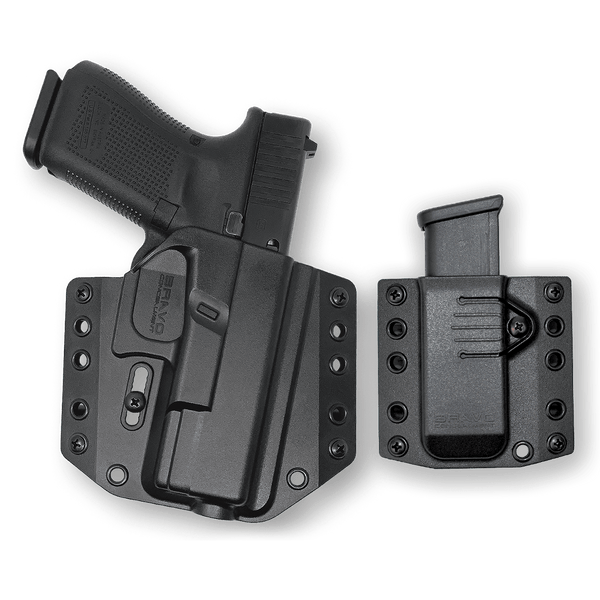
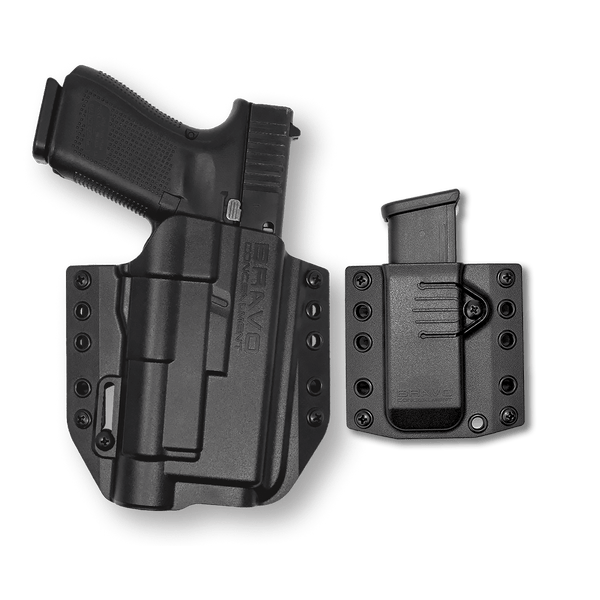
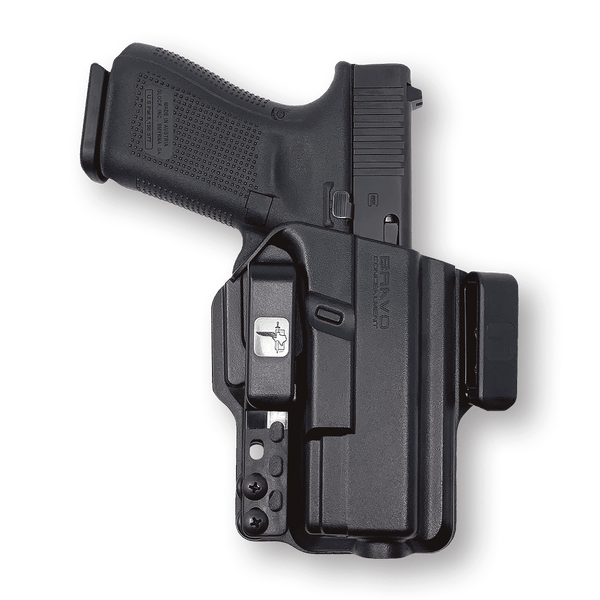

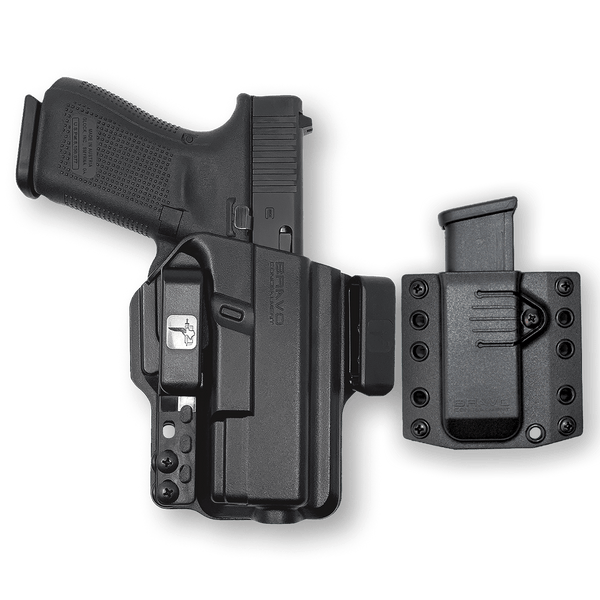
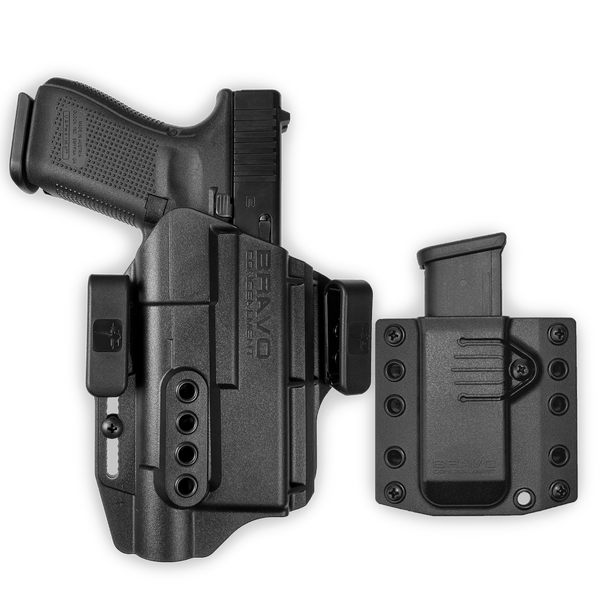
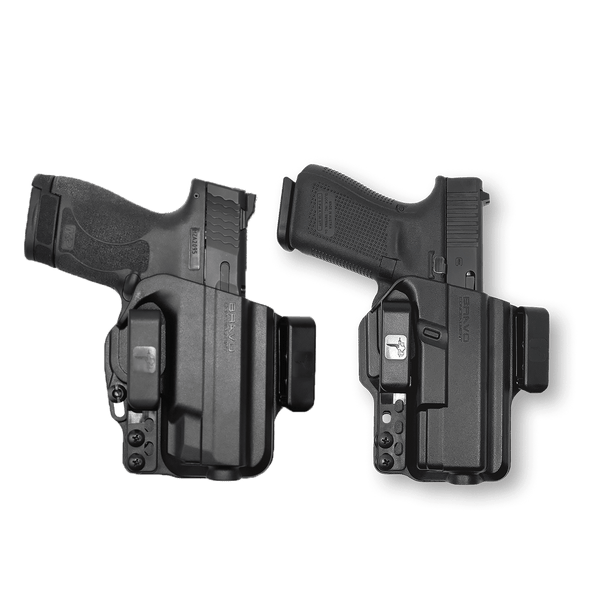
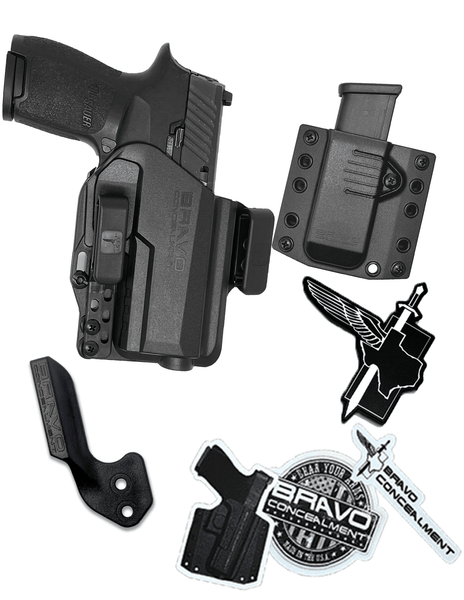
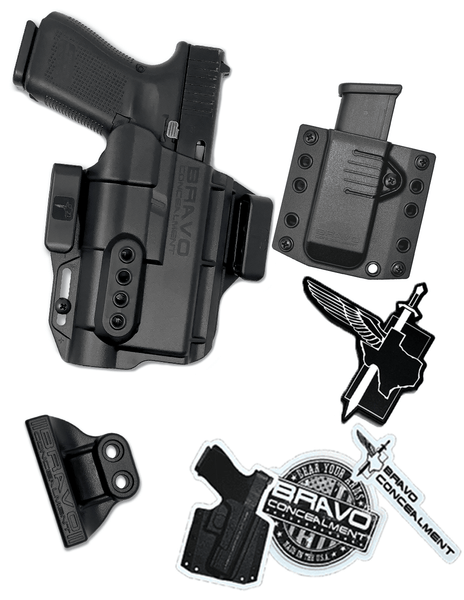
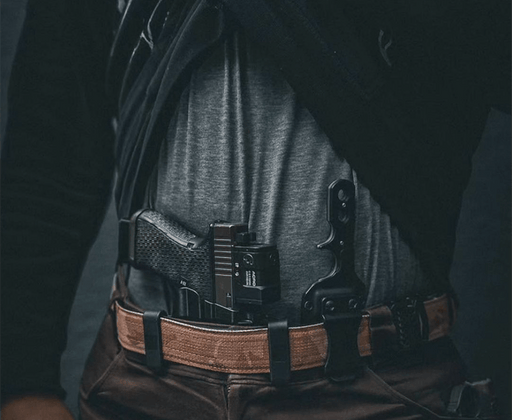
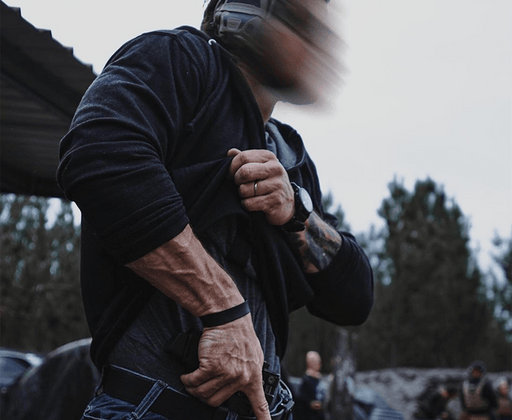
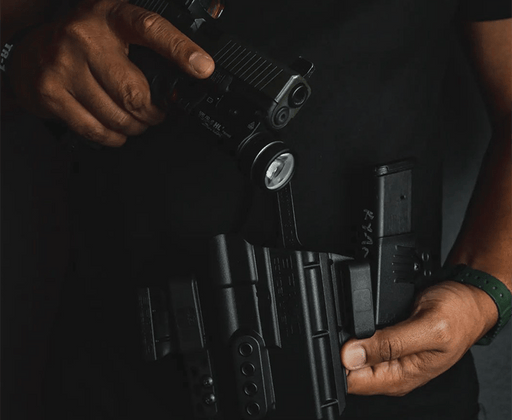
Leave a comment
1 comment
It’s awesome that your article talked about basic gun safety training and the importance of concealed carry. The other day, my sister almost got attacked by some criminal, and luckily her martial arts skills kicked in just in time. My sister wants to start carrying a gun for self-protection, so I believe she’d appreciate your piece’s insight about concealed carry. https://diamondspearllc.com/guns-ammo-accossories/